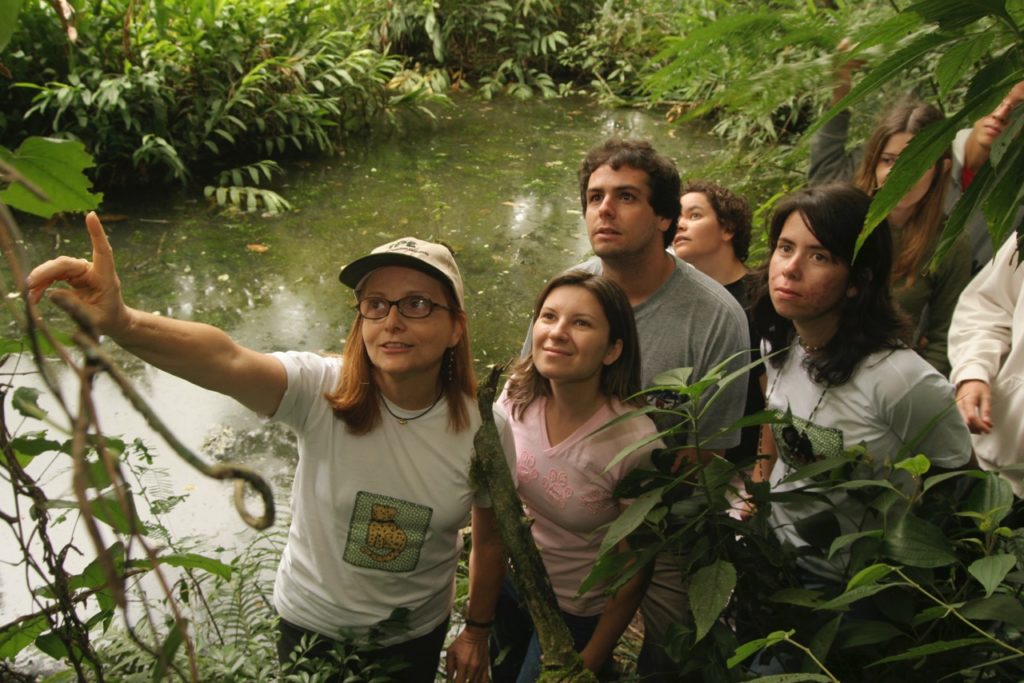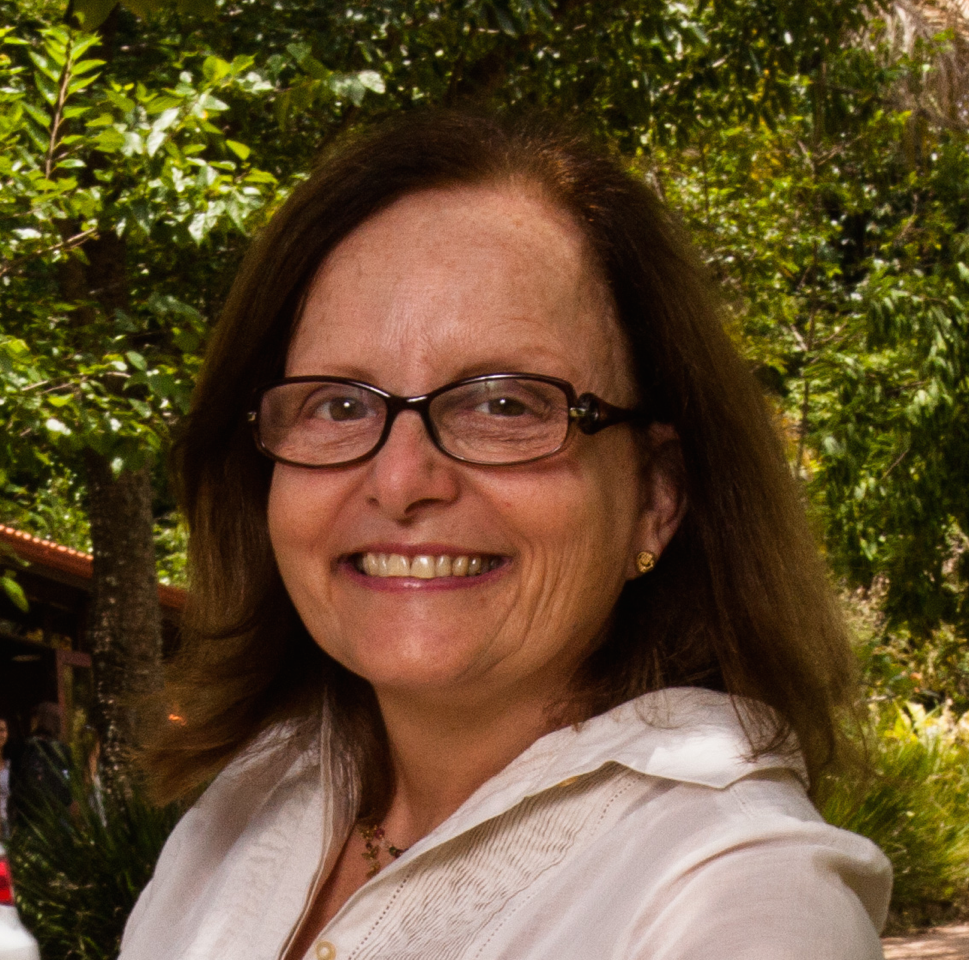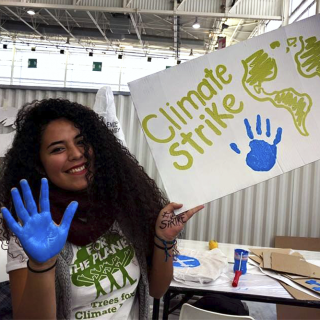An environmental conservation program can’t work, says environmental educator Suzana Machado Padua, president of Instituto de Pesquisas Ecológicas (Ecological Research Institute – IPÊ), without engagement from the communities it directly affects. “When we get rural communities involved and they start to see that, by living in harmony with nature, they can improve their health, quality of life, and economy, then this becomes a viable strategy for local development. This turns people into accomplices in environmental protection, rather than antagonists,” she explains.
Beginning with IPÊ’s founding in 1992, Padua has been developing a multifaceted strategy. In Pontal do Paranapanema (in the state of São Paulo) she began her work with a pilot program called Mico-Leão-Preto, and a research project evaluating this program along with other environmental education mobilization efforts geared towards local communities. Today, over 80 professionals work on more than 30 projects per year for her organization, in places like Pontal do Paranapanema and Nazaré Paulista (where the project is based), the lower Rio Negro (Amazonas), and the Pantanal and Cerrado regions (Mato Grosso do Sul).
In order to sustain IPÊ’s initiatives and reinforce the institute’s credibility to raise funds in Brazil and abroad, Padua has strengthened ties with foreign organizations that have similar missions, as well as with the business sector. IPÊ’s partnership with the Havaianas brand is one of its success stories. Since 2003, the “Havaianas IPÊ” sandals have featured designs portraying Brazil’s fauna and flora. Sold in approximately 100 countries, the shoes not only celebrate but help preserve Brazil’s biodiversity, with 7 percent of liquid sales supporting the IPÊ.
Padua’s approach gives a central role to community leaders in identifying their needs and problems, and in developing effective answers, always with the entire community’s active participation. “I won’t be successful by imposing my own ideas,” she says, “but rather by listening, respecting, and building together to be able to change lives.
“When people feel included, they have a better chance of seeing their full transformative potential. It’s a process of empowerment that leads to changes that are more real, and longer-lasting, than we could achieve working by ourselves. Not only that, but there are greater chances of continuity, since what we’re doing does not depend on a leader – everyone becomes a leader in their own area of action, or in those areas in which they chose to act.”

Interpretative nature trail, near IPÊ’s offices in Nazaré Paulista, with the Institute’s staff (Photo: Cláudio Rossi)
In order to reach these goals, Padua organizes participatory forums, called Eco-Negotiations, with representatives from various segments of society. (These take place only after IPÊ has been accepted into the community.) During these forums, scientific articles are presented in a language accessible to everyone, in order to establish a common understanding of some facts about the region. Then, the participants work together to identify what local people see as problems, treasures or potential benefits, dreams or goals to be reached, and what partnerships they need to establish for their plans to come to fruition.
The next step is to set deadlines for each goal presented, the steps that need to be taken, and ways to monitor those steps. “Nothing depends on authorities, since the authority comes from those present,” explains Padua. Politicians, like mayors or council members, are invited, but as regular participants, just like the others. “Their votes, when it comes to listing the priorities, have the same weight as that of a land reform settler, for example. The whole process offers a clear sense of individual force, of respect for diversity, and the magic of working for the collective good.”
One key component of Pádua’s strategy is a systematic research program that follows every step and aspect of each project’s development, while also studying other Brazilian initiatives with similar objectives. The institute has also created an educational program for professionals working in social and environmental fields, offering short degree programs, a Master’s and a MBA, designed to disseminate sustainability throughout the business sector. IPÊ may be the only Brazilian NGO accredited by the Ministry of Education to offer graduate-level courses. IPÊ’s Education for Sustainability and Conservation program was recently given a rating of 4 (out of 5), which will allow the institute to request accreditation for a Ph.D. degree program soon.
Padua’s work has been recognized internationally, and she has collected numerous awards. Just in 2017, she has been honored by Benchmarking Pessoas (2017); Visionaris – UBS Social Entrepreneurs Award (2017); and the Cincinnati Zoo and Botanical Garden’s Wildlife and Conservation Award (2017).
“Saving Brazil’s biodiversity can seem like a daunting task,” acknowledges Padua, “as well as spreading the idea that nature is a good that must be safeguarded forever. But we notice significant changes in the areas where we work, often through initiatives outside of our direct influence, but which came out of actions we developed, workshops or courses we organized, or a combination of initiatives in which we are involved. We also see former students from our school, ESCAS, developing programs that benefit people and nature. These are achievements that go beyond us – and this is what makes it feel like it’s all worth it.”
Suzana Machado Padua is an Ashoka fellow. Ashoka is a worldwide organization present in 84 countries and leads a movement in which any individual can be responsible for positive social transformation.





